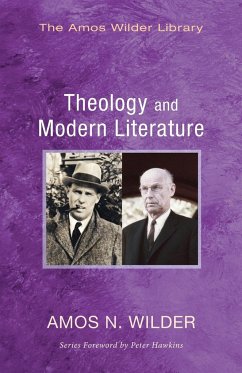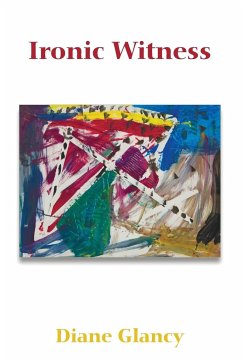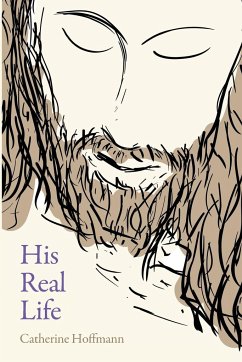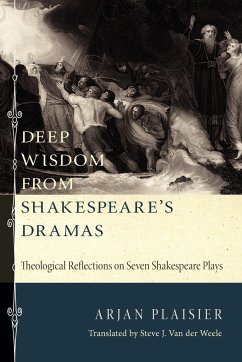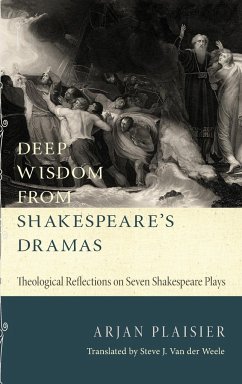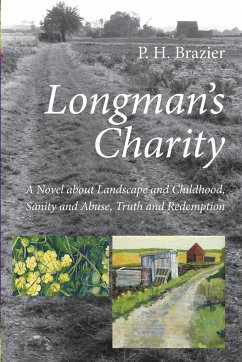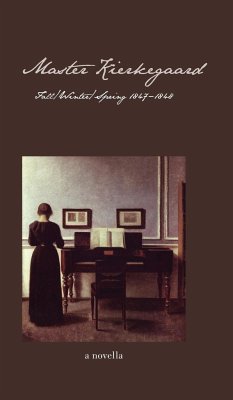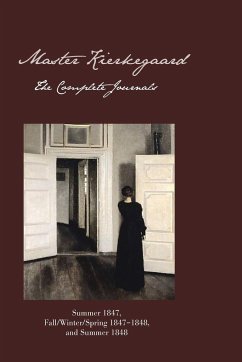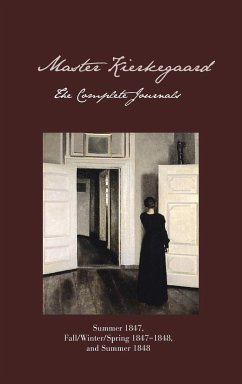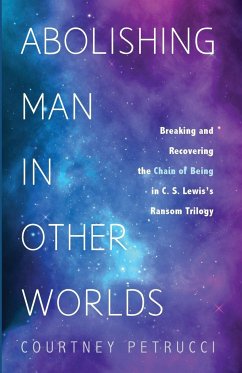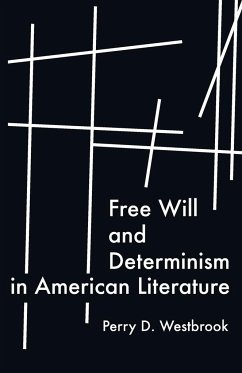
Free Will and Determinism in American Literature
Versandkostenfrei!
Versandfertig in 1-2 Wochen
28,99 €
inkl. MwSt.

PAYBACK Punkte
14 °P sammeln!
The problem of the freedom or the bondage of the will was brought to this country by the Puritans, and it has been one of the unanswerable questions ever since. Whereas many other books have been written on Puritanism and on naturalism in their philosophic and theological manifestations, this book traces these ideas through our national literature. Chapter 1 begins with a brief account of St. Augustine's views concerning the will, continues with a full discussion of John Calvin's modifications of Augustine's views, and ends with a consideration of Puritan concepts of the will as found in the w...
The problem of the freedom or the bondage of the will was brought to this country by the Puritans, and it has been one of the unanswerable questions ever since. Whereas many other books have been written on Puritanism and on naturalism in their philosophic and theological manifestations, this book traces these ideas through our national literature. Chapter 1 begins with a brief account of St. Augustine's views concerning the will, continues with a full discussion of John Calvin's modifications of Augustine's views, and ends with a consideration of Puritan concepts of the will as found in the writings of Michael Wigglesworth and Jonathan Edwards. The second chapter looks at the subject of the predestinated will in the fiction of Nathaniel Hawthorne, Herman Melville, and Mary Wilkins Freeman and in the poetry of Emily Dickinson. In the succeeding chapter attention is turned to nineteenth-century authors actively hostile to the Calvinistic concept of predestination: Charles Brockden Brown, Harriet Beecher Stowe, Oliver Wendell Holmes, and Mark Twain. The next two chapters then trace the rise of naturalistic determinism and compare and contrast it with the Calvinistic doctrines of predestination and election. Focus is later directed on the blossoming of 'literary naturalism in America in the works of Stephen Crane, Frank Norris, Jack London, and Theodore Dreiser. The combining of naturalism with vestigial Calvinism in the novels of Ellen Glasgow and William Faulkner is the next subject of extended discussion. In the concluding two chapters attention is turned to libertarian philosophies opposed to predestination and naturalistic determinism, including deism, transcendentalism, pragmatism, and humanism. The influence of the great Russian novelists is presented, and William Dean Howells, Henry James, Edith Wharton, and Willa Cather are discussed as humanistic writers. Finally, the continuing tension between humanism and scientific determinism is noted in the writings of Ernest Hemingway. The themes of the book are illustrated with many examples from the prose and verse of American writers.





